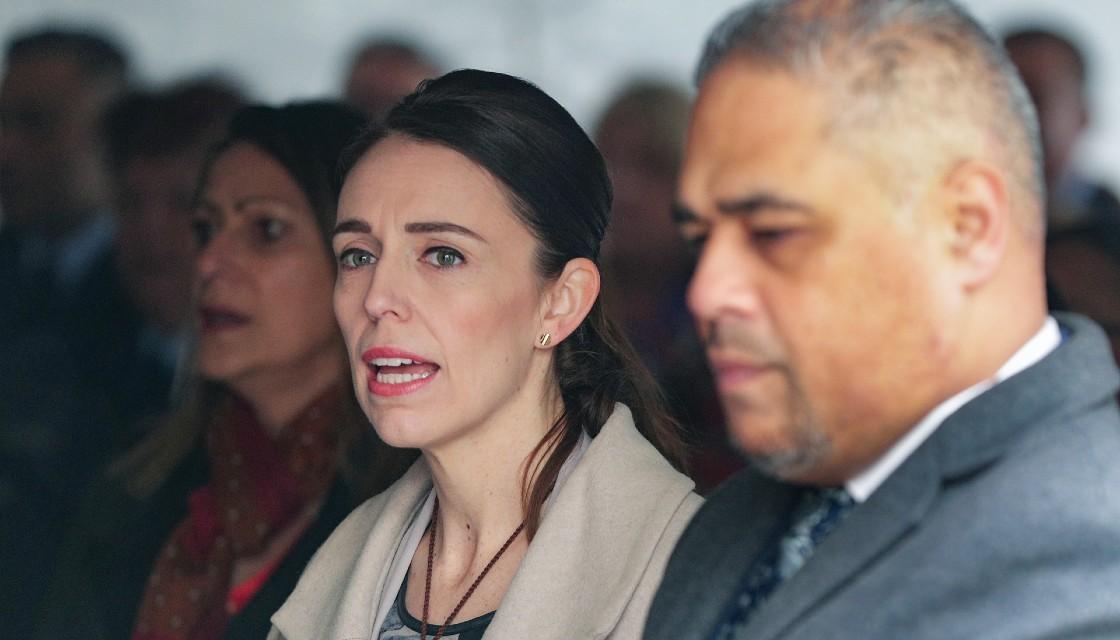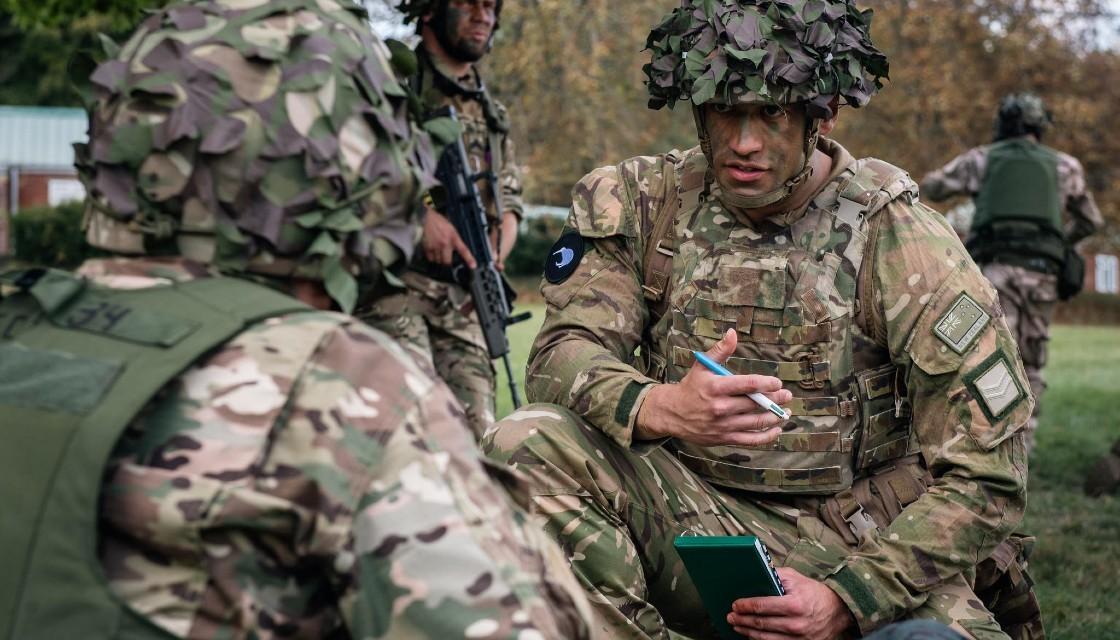
New Zealand is extending its deployment of Defence Force personnel in the United Kingdom training Ukrainian soldiers until July 2023, but reducing the number of Kiwis involved.
The Government's also donating $1.85 million to address global food security issues exacerbated by the crisis in Ukraine and $1.85 million for non-lethal military equipment through a NATO fund.
"The extended support builds on the package of military, diplomatic, legal and humanitarian assistance provided by Aotearoa New Zealand since Russia's war of aggression began in February," Prime Minister Jacinda Ardern said.
"Putin's continued pursuit of this war is fundamentally wrong. We call on Russia to reverse course and withdraw from Ukraine. Ukrainians, both in uniform and civilians, die every day as Russia's senseless attacks continue."

New Zealand announced in August that it was sending 120 Defence Force personnel to the UK to train Ukrainian soldiers in weapon handling and combat first aid. This deployment was scheduled to end on November 30. It followed a 30-personnel deployment in May to teach Ukrainians how to operate light field guns.
The Government said on Monday there are currently 120 NZDF personnel in the UK across two infantry training teams. This will be reduced to one new team of up to 66 personnel, but the deployment will last until July 31, 2023.
There is currently a team of 12 personnel in the UK helping with intelligence. Their contribution will be extended until June 30, 2023 and another two NZDF personnel will head there for support.
New Zealand is also deploying eight NZDF personnel to Europe until July 31, 2023 for command and administration support as well as recommencing the deployment of four personnel to help with logistics. Other liaison officers will also continue contributing until June 30, 2023.
"I am pleased the NZDF infantry can offer the skills and experience for further training. This deployment also provides an opportunity for NZDF personnel to gain valuable experience," said Defence Minister Peeni Henare.
"The infantry training demonstrates the core skills and capabilities of our defence personnel. Utilising them in an offshore location, alongside key partners, helps encourage retention of frontline personnel. However I want to be clear that the NZDF will not be entering Ukraine.
"I have been informed that the Ukrainian recruits have responded well to our training personnel, and have said that the NZDF personnel are working hard for them."
He described New Zealand's response as "targeted" and said he is confident it's having a "continued impact".
Ardern said support from distant countries is "deeply appreciated by Ukraine".
"Principles matter and Aotearoa New Zealand is committed to uphold the rules of international law and the United Nations Charter."
The Government has announced $1.85 million will be donated to the World Food Programme to help address global food insecurity that has been worsened by Russia's invasion of Ukraine. New Zealand's also donating $1.85 million to the NATO trust fund for non-lethal military equipment and supplies for Ukraine's self-defence.
"This will provide non-lethal military support like winter clothing, food rations, mobile generators, ambulances, medical and first aid kits, shelters, and other vital supplies over the coming northern winter," said Foreign Affairs Minister Nanaia Mahuta.
Since Russia invaded Ukraine in February, New Zealand has taken a number of steps to condemn Moscow and support Kyiv. That's included introducing and using new sanctions legislation, implementing a 35 percent trade tariff on Russian imports into New Zealand, donating money towards humanitarian assistance, to the International Criminal Court, and to the Office of the High Commissioner for Human rights.



